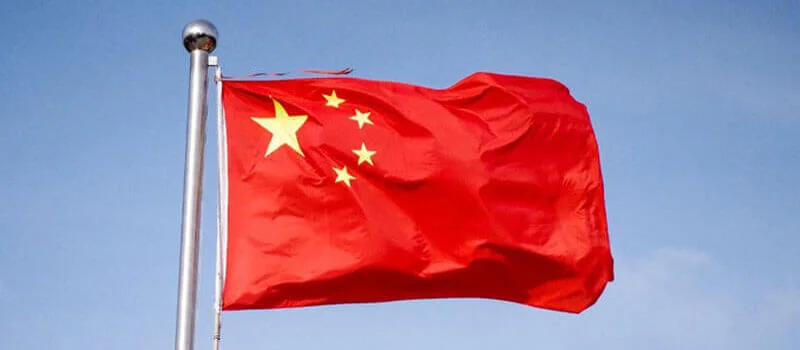China has rejected calling Russia’s moves on Ukraine an “invasion” and urged all sides to exercise restraint before telling its citizens there to stay home or at least take the precaution of displaying a Chinese flag if they needed to drive anywhere.
Russian forces on Thursday fired missiles at several cities in Ukraine and landed troops on its coast, officials and media said, after President Vladimir Putin authorized what he called a special military operation in the east.
“China is closely monitoring the latest situation. We call on all sides to exercise restraint to prevent the situation from getting out of control,” said Hua Chunying, spokesperson at China’s foreign ministry.
At a media briefing in Beijing, Hua bridled at journalists’ characterization of Russia’s actions.
“This is perhaps a difference between China and you Westerners. We won’t go rushing to a conclusion,” she said.
“Regarding the definition of an invasion, I think we should go back to how to view the current situation in Ukraine. The Ukrainian issue has other very complicated historical background that have continued to today. It may not be what everyone wants to see.”
Russia’s attack on Ukraine comes weeks after Russian President Vladimir Putin met with his Chinese counterpart Xi Jinping just before the Winter Olympics in Beijing. The two sides announced a strategic partnership aimed at countering US influence, and said they would have “no ‘forbidden’ areas of cooperation.”
The Games ended on Sunday.
Xi and Putin have developed a close partnership over the years, but Russia’s actions in Ukraine put China, which has an oft-stated foreign policy principle of non-interference, in an awkward position, experts say.
Asked if Putin had told China that he was planning to invade Ukraine, Hua said Russia, as an independent power, did not need to seek the consent of China.
“It independently decides and implements its own diplomacy and strategy according to its own strategic judgment and interests,” she said.
“And I would also like to add that every time the heads of state meet, they will of course exchange views on issues of common concern.”





2 Comments